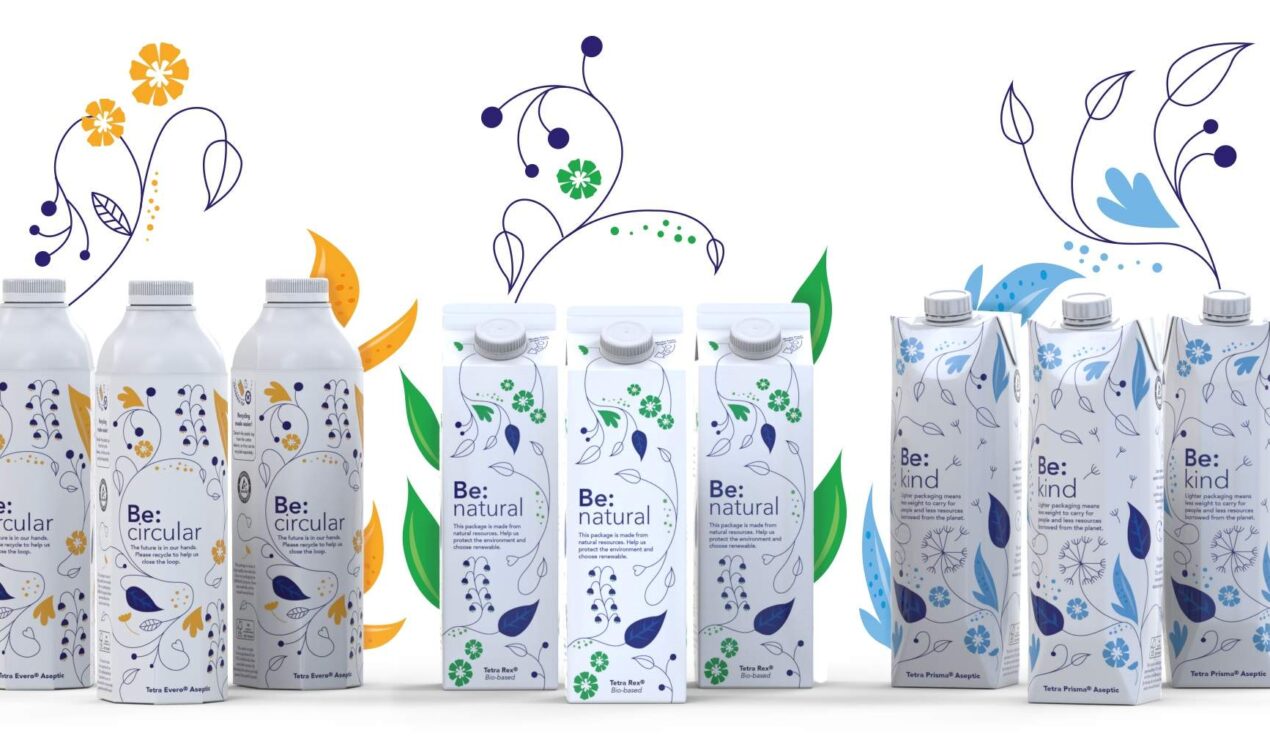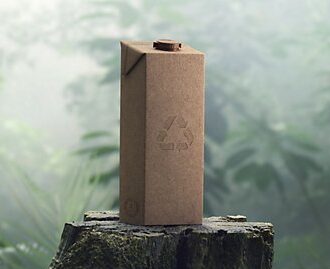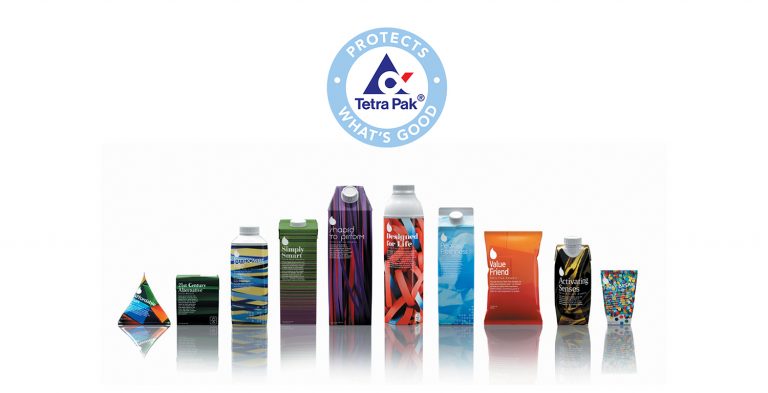In its role as the leading provider of processing and packaging solutions in the industry, Tetra Pak is conscious of its responsibility to address the challenges faced by the sector as a whole. It is a long-standing tradition for them that they work in partnership with their clients, and with others, to achieve these goals, helping to push positive change in the sustainability field. The urgency in which Tetra Pak is making a concerted effort to make things right today is particularly high.
The year 2019 was a year of awareness for Tetra Pak when it comes to environmental issues, with customers, consumers, the media, NGOs, and regulators all increasing their attention and expectation. Tetra Pak Is focusing on three main areas with a broad perspective on the world’s environmental challenges.
The first is to address climate change in a positive way, we as an industry must minimize our impact on the climate as a whole through how we design our products and how we operate our operations. A number of legislative initiatives, including the European Green Deal, have brought this topic to the forefront.
The second goal involves doing our utmost to advance the circular economy, which involves eliminating waste and ensuring that packaged products are reused at the end of their useful lives. A lot of the focus already lies on single-use plastics as a result of legislation around the world, with a strong focus on legislation around the world.
In this third and final stage, It’s looking very clear that Tetra Pak must protect biodiversity, an issue that has been brought to light by the recent wildfires that have occurred in Australia, Brazil, and California in 2019. As Tetra Pak has been pursuing various initiatives for a long time, these three areas are key to the company’s commitments to the cause. As a matter of fact, they are inextricably linked.
Climate change affects all industries, including those within the materials sector and packaging can potentially have a significant impact on the packaging sector. It does not suffice to focus only on “reduce, recycle, and reuse” when promoting circularity: It appears as though Tetra Pak understands to consider the climate impact of the materials it uses in the first place. As a result, Tetra Pak believes in a low-carbon circular economy that drives the use of low-carbon, renewable materials to replace high-carbon, fossil-based materials, which also contributes to biodiversity preservation.

With the support of Tetra Pak’s new CEO, They restructured their development initiative, significantly ramped up their budget for R&D, and are accelerating their activities towards the Sustainable Development Goals. Tetra Pak has already made great strides towards meeting its targets. They launched the first paper straws in Europe as part of a packaging company’s first introduction of renewable resources. Tetra Pak is also currently testing its first ever aseptic package that does not rely on the aluminum barrier and is designed to provide an alternative to it. The goal is for, by the end of 2022, a fully recyclable aseptic package to be field-tested on a regular basis.
With Tetra Pak Packaging Innovations, They are also working to drive resource efficiency on their Euquipment and Services to help customers in minimising water usage, food waste, and carbon footprint in their operations and, in turn, assisting their customers to achieve their sustainability targets.

